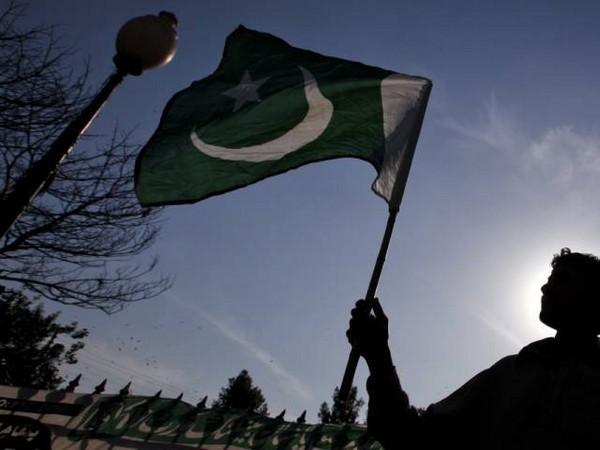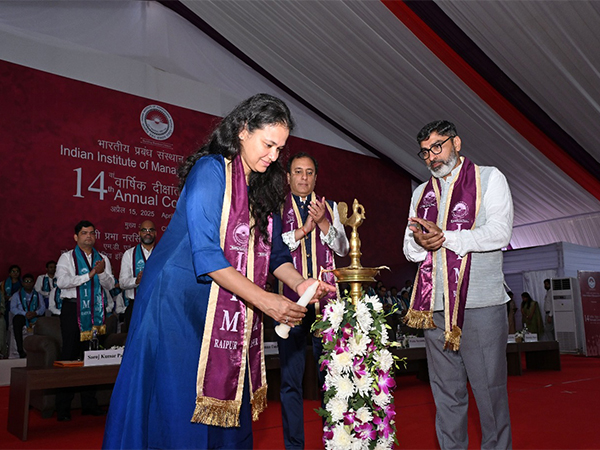Impulsive decision-making, regional trade issues have shaped Pakistan's fragile economy
Apr 05, 2021

Islamabad [Pakistan], April 5 : As Pakistan's inflation soared from 5.7 per cent in January to over 9 per cent in March, impulsive decision-making and regional trade issues have come to the fore which marked the fragile economy of the country.
The federal cabinet of Pakistan earlier backtracked from a decision made by its Economic Coordination Committee (ECC) that had approved the revival of trade relations with India by allowing imports of sugar, cotton and cotton yarn through land and sea routes to address rising prices and shortages.
According to Dawn, the U-turn was surprising given that Prime Minister Imran Khan had seen and authorised the submission of the summary to the ECC in his authority as the Minister-in-charge for commerce.
If the ECC decision was implemented, it would have led to the resumption of trade between the two countries after two years.
Meanwhile, Imran Khan abruptly removed Finance Minister Dr Abdul Hafeez Shaikh in an unceremonious manner following an almost weeklong criticism on perhaps the steepest adjustment for the revival of the International Monetary Fund (IMF) program and the autonomy of Pakistan's central bank, Dawn reported.
This occurred despite Shaikh steering Pakistan's national economy in tough times amid an unprecedented COVID-19 pandemic, helping in putting together over USD 4.54 billion foreign assistance.
Even in this scenario, the federal cabinet headed by Khan had cleared the IMF package that included a schedule for continuous increases in energy prices for over Rs 900 billion additional charges on consumers in less than 18 months, over Rs 700 billion worth of additional taxes in the coming budget and a set of other measures.
According to Dawn, it emerged later to Imran Khan that granting unprecedented and absolute autonomy to the State Bank of Pakistan (SBP) and particularly to its governor had gate-crashed routine checks and consultations to reach the federal cabinet.
Meanwhile, soon after Hammad Azhar was roped in as the new finance minister, Pakistan media reported that former Pakistan Peoples' Party (PPP) finance minister Shaukat Tarin would be taking charge as the head of the Economic Advisory Council.
Tarin is critical of the policies pursued under Dr Shaikh and SBP Governor Dr Reza Baqir, particularly those relating to high-interest rates, steep currency devaluations and unprecedented hikes in electricity, gas and petroleum rates.
The Pakistan Bureau of Statistics recorded the highest rate of inflation, three days after Imran Khan sacked Shaikh on charges of not controlling inflation, although the real reason was the central bank's autonomy, reported The Express Tribune.
According to the bureau, electricity rates were 31.5 per cent higher than the previous year and almost all kitchen items recorded a double-digit increase in prices. Furthermore, the prices of eggs were 64 per cent higher than those in 2020.
Wheat prices were 35 per cent higher, followed by a 24 per cent average increase in prices of sugar, 19 per cent in wheat flour, 20 per cent in pulses and 17 per cent in vegetable ghee.




















